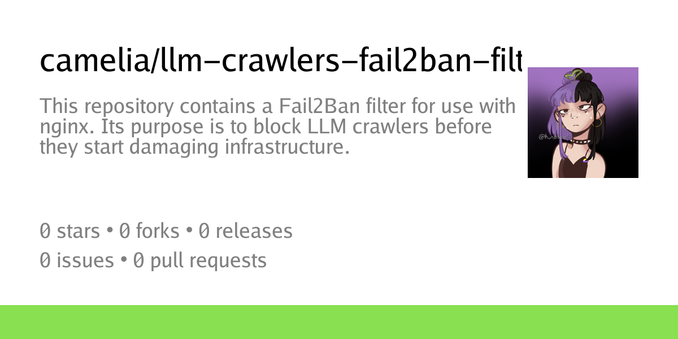OK, so what can we do about all these SSH brute force attacks?
We have a plan - actually, not just a plan, we run this in production on one of the @cloudlab clusters.
Let's start with this observation: if attackers are using a broad set of usernames, then we can use these username sets as a sort of signature. About half of attacking IP addresses only try one username, but that also means that about half are trying more than one - in fact some individual IP addresses tried more than 10,000 usernames!
What we do is this: we find *sets* of usernames that are used by *more than one* attacking IP address (actually it's a bit more complicated that this, details in the paper). This gives us "dictionaries" of usernames that are *only* used by attackers, and not any of our real users. We collect these dictionaries from the logfiles of a bunch of SSH servers, and combine them to form a Username Block List (UBL).
Now, all we have to do is: as soon as we see an IP address try a username from this UBL, we block it. That simple. We call this Dictionary Based Blocking (DBB).
How well does this work? We used logs from our clusters containing a total of 213 million login attempts, and it blocked *99.5%* of all attempts, generating a false positives (accidentally locking out a real user) at a rate of just one about every five days.
But what about #fail2ban, you might ask? That's another method people use to block attacks against SSH (and other services) by locking out addresses that fail to log in more than X times in Y minutes. Well, with it's default settings, it only blocks about 66% of attacks, and it generates more than 5x as many false positives (graph attached). As it turns out, there is *no* way to tune fail2ban to get DBB's accuracy without a false positive rate that's orders of magnitude higher.
I said we run this in production - how well does that work? We run it on one of of CloudLab clusters that already had a firewall - subscribing to popular blocklists and running something very much like fail2ban. It's catching four-fifths of the attacks that were not already getting caught by these measures, and so far it hasn't caused a single false positive.




